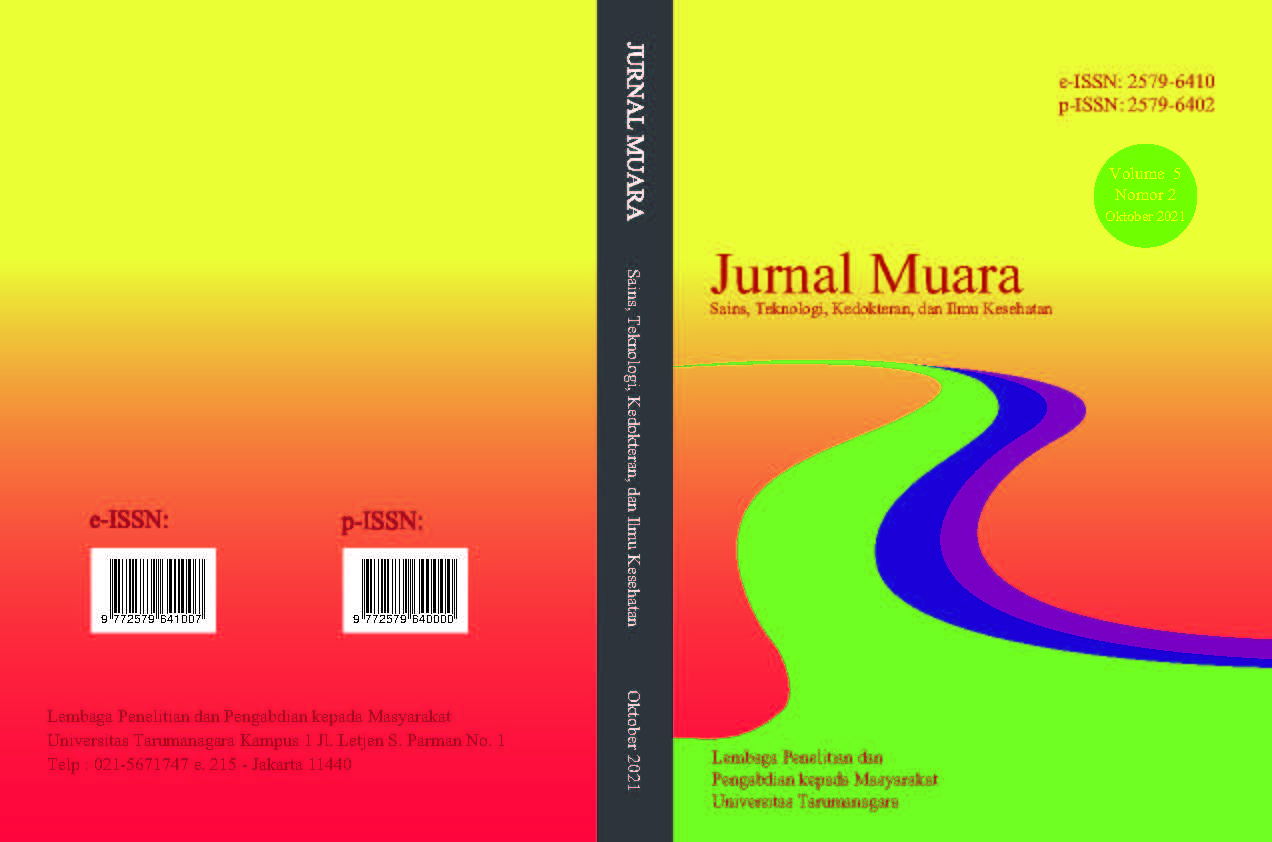TANTANGAN PENANGANAN PERMUKIMAN KUMUH DARI SUDUT PANDANG INSTITUSIONAL: STUDI KASUS KOLEKTIF DI KEL. BINTARO DAN KEL. BANJAR KOTA MATARAM
Main Article Content
Abstract
Slum settlement in Indonesia has been improved through various programs since before independence. The experiences of slum improvement programs show that there are still a number of challenges to perfecting them. The most critical issues have been, or related to, tenure security and the sustainability of the holistic slum management program. This research was conducted with a qualitative research approach using The Three Worlds of Action framework and a collective case study method conducted in Kel. Bintaro and Kel. Banjar of the City of Mataram. The results showed that the challenges faced at the constitutional choice level and the collective choice level, namely the policies that have been applied at the national level, have not been fully consistent and coherent with decisions at the operational choice level. This is because policies at the constitutional level are still sectoral in nature, and there is no special institution dealing with slum settlements. The second challenge is that the collective choice that has been prepared at the collective choice level has not been fully operationalized at the operational level. This is because community involvement has not been optimal from planning to implementation and the collective choice has not fully paid attention to aspects of security of residence and sustainability.
Keywords: slum improvement program; The Three Worlds of Action; Kelurahan Bintaro dan Kelurahan Banjar Kota Mataram.
Abstrak
Pemukiman kumuh di Indonesia telah ditangani melalui berbagai program sejak sebelum kemerdekaan. Pengalaman program penanganan permukiman kumuh menunjukkan bahwa masih terdapat sejumlah tantangan untuk menyempurnakan program-program dimaksud. Beberapa di antaranya terkait kepastian bermukim dan keberlanjutan program penanganan permukiman kumuh yang holistik. Penelitian ini dilakukan dengan pendekatan penelitian kualitatif dengan menggunakan kerangka kerja The Three Worlds of Action dan metode studi kasus kolektif yang dilakukan di Kel. Bintaro dan Kel. Banjar Kota Mataram. Hasil penelitian menunjukkan bahwa tantangan yang dihadapi pada tingkat pilihan konstitusional dan tingkat pilihan kolektif, yaitu kebijakan yang telah diterapkan di tingkat nasional, belum sepenuhnya konsisten dan koheren dengan keputusan di tingkat pilihan operasional. Hal ini disebabkan karena kebijakan di tingkat konstitusi masih bersifat sektoral, dan belum ada institusi khusus yang menangani permukiman kumuh. Tantangan kedua, pilihan kolektif yang telah disusun pada level pilihan kolektif belum sepenuhnya dioperasionalkan pada level operasional. Hal ini dikarenakan pelibatan masyarakat belum optimal dari perencanaan hingga pelaksanaan dan pilihan kolektif belum sepenuhnya memperhatikan aspek keamanan bertempat tinggal dan keberlanjutan.
Article Details
This work is licensed under a Jurnal Muara Sains, Teknologi, Kedokteran dan Ilmu Kesehatan Creative Commons Attribution-ShareAlike 4.0 International License.
Authors transfer copyright or assign exclusive rights to the publisher (including commercial rights)
References
Bah, E., M.. (2018). Housing Market Dynamics in Africa. Palgrave MacMillan, London.
BKM Kel. Banjar. (2015). Dokumen Rencana Penataan Lingkungan Permukiman (RPLP) Kel. Banjar 2015-2019. BKM Kel. Banjar, Mataram
BKM Kel. Bintaro. (2015). Dokumen Rencana Penataan Lingkungan Permukiman (RPLP) Kel. Bintaro, 2015-2019. BKM Kel. Bintaro, Mataram
Cole, D. H. (2013). “The Varieties of Comparative Institutional Analysis”. School of Public & Environmental Affairs Research Paper No. 2012-10-03, Hal:101-127. Bloomington-Indiana: Indiana University.
Fahmi, E. (2020). “Pendekatan Penelitian Kualitatif dalam Kajian Perkotaan dan Wilayah”. Manuskrip. Universitas Tarumanagara, Jakarta.
Fahmi, E. et.al. (2003). Analysis of Multistakeholder Forestry Processes In Indonesia, Yogyakarta: INSIST and Partners.
Hasnawi, et.al. (2019). “Improvement of Community Governance to Support Slum Upgrading in Indonesia”. The Indonesian Journal of Development Planning Vol. III No. 3. Hal:347-358. Bappenas, Jakarta.
https://rujak.org/hak-atas-kota-hak-untuk-bermukim-di-pusat-kota/
Kacaribu, T. M. (2019). “Kinerja Perum Perumnas dalam Pelaksanaan Penugasan Pembangunan Perumahan bagi MBR Sesuai Amanat PP No. 83 Tahun 2015: Studi tentang Desain Kelembagaan”. Tesis tidak dipublikasikan. Jakarta: Universitas Tarumanagara
Kiser, L. L. dan Elinor Ostrom. (1982). “The Three Worlds of Action: A Metatheoretical Synthesis of Institutional Approaches”. In Elinor Ostrom (ed). Strategies of Political Inquiry. Sage Publications, Beverly Hills.
Mangira, P., et al. (2020). “Tenure-Infrastructure-Livelihoods (T-I-L) Nexus in Slum Upgrading: An Emerging Paradigm”. Africa Habitat Review Journal Volume 14 Issue 3. Nairobi, Kenya.
Ostrom, E. (1992). Crafting Institutions for Self-Governing Irrigation Systems. ICS Press, San Francisco
Oswar, M. (2013). Perumahan Swadaya. Konsep, Pembelajaran dan Praktek Unggulan. Bappenas, Jakarta
Ostrom, V, CM Tiebout, dan R. Warren. (1961). “The Organization of Government in Metropolitan Areas: A Theoretical Inquiry”. American Political Science Review 55:831-42
Pokja PKP Kota Mataram. (2017). Paparan Memorandum Program RP2KPKP Kota Mataram Bappeda Kota Mataram.
Rahman, HM Tuihedur, et al. (2017). “A Framework For Analyzing Institutional Gaps In Natural Resource Governance”. International Journal of the Commons Vol. 11, No 2, hal: 823–853.
Sibyan, I. A. (2020). “Rethinking Slum Planning: A Comparative Study of Slum Upgrading Projects”. Journal of Regional and City Planning vol. 31, no. 1, hal. 1-11. ITB Institute for Research and Community Services, Bandung.
Werlin, H. (1999). ”The Slum Upgrading Myth”. Urban Studies, 36(9): 1523-1534



